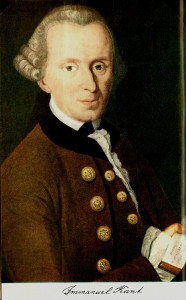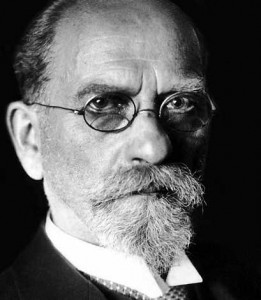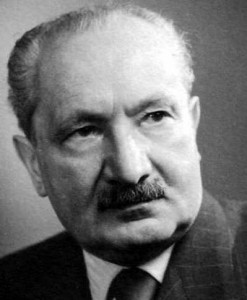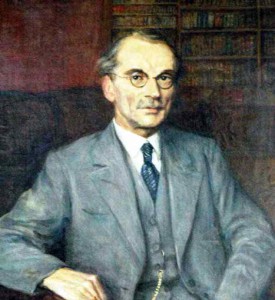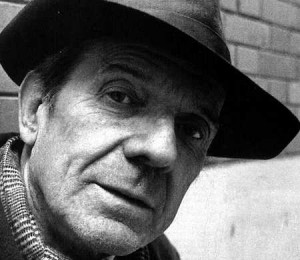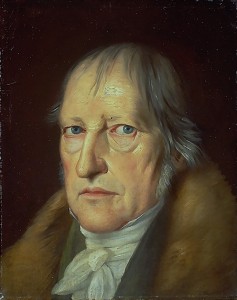 In recent decades, the heart of Hegel’s Wissenschaft der Logik––his enterprise of calling into the question and systematically substantiating all of thinking’s basic concepts and rules––has struck many commentators as outdated if not outright misguided.
In recent decades, the heart of Hegel’s Wissenschaft der Logik––his enterprise of calling into the question and systematically substantiating all of thinking’s basic concepts and rules––has struck many commentators as outdated if not outright misguided.
In an effort to make Hegel’s thought relevant, Hegel studies have largely focused on the aspects of Hegel’s philosophy that are most compatible with our current philosophical climate. In contrast, however, my approach embraces Hegel’s philosophical radicalism. In my paper, I will first sketch out Hegel’s place within a broader tradition of what I term radical philosophy. Continue reading

